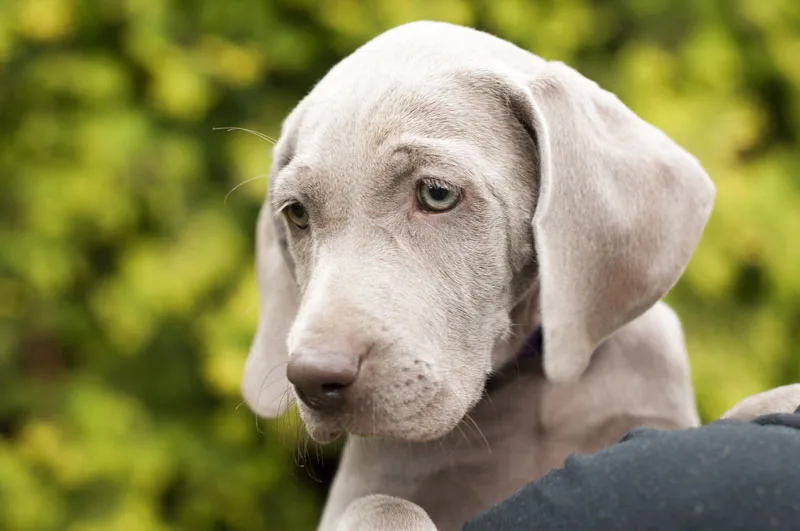
Puppy training can be extremely beneficial if started as soon as you bring them home. It not only helps to introduce good behaviour, but also allows you to spend quality time with your new pet.
Getting a new puppy can be an exciting time, but training will help them to settle and get used to their new environment. Most dogs love learning new tricks as they get lots of praise and attention.
Whether you decide to do the puppy training yourself or classes, there are still positive things you can do to help your puppy get used to their new routine.
Here are some top tips to help get your puppy training under way:
Be prepared
Make sure that you have everything you need for your puppy training, for example, toys and treats. You may use a crate for him to sleep in, or where he goes whilst you are out of the house.
Be consistent
Make sure that all family members understand the rules and do not deviate from the puppy training. It will confuse your puppy if the routine is broken. Be sure to decide the rules before your puppy comes home.
Be patient during puppy training
If you stay calm then your puppy will stay calm and be less excitable. Don’t let your puppy get bored – keep training sessions positive and short.
Set up a den
Give your puppy a den to sleep in which is not used by another pet. This will help to develop a routine for sleeping and any short periods that they are on their own. Use rewards to encourage your puppy to use the den, as well as when they are relaxed and quiet.
Don’t punish your puppy
They are still learning and it’s important to be patient with your puppy. Don’t shout at them if they get something wrong. Instead, show them how they should behave with rewards and give extra attention for good behaviour. Your puppy does not know what they should or shouldn’t do until they are told.
Speak to your vet
Your vet is best placed to monitor your new puppy’s health. They will be able to offer training advice and discuss your puppy’s vaccination schedule. Your vet will also be able to suggest when your puppy is able to go outside. Regular health checks with your local vet are important to ensure your puppy is receiving the best possible care.
Sign up to puppy training classes
These can be a great way to socialise your new puppy to help get them used to other dogs and people. It will also help them to learn certain attributes and how to behave around other dogs.
Walks
When your puppy has had their vaccinations and is allowed to venture outside, make sure you take your puppy on plenty of short mild walks to release extra energy. In their early stages, long walks or runs should be avoided. During walks ensure that your puppy always walks by your side or behind you, as his pack leader you should always be ahead.
House training
Be consistent when house-training your puppy. Take your puppy out first thing in the morning and then once every thirty minutes to an hour. Always be sure to take them out after meals and they wake from a nap. Always reward your puppy when they go outside to help them understand that is where they should relieve themselves. Take your puppy to the same spot each time to do their business, as their scent will help to prompt them to go. Stay outside with your puppy until they go and reward them, so they understand this is what they need to do.
Speak to your vet about any of the above as they will be able to offer the best advice with regards to your puppy’s health needs. Speak to your vet about Nutramind, which is a high strength nutritional support product for brain and mental function and can aid training and learning.
Nutravet have a number of natural puppy supplements that can support your new pet during their early years, including Nutraquin, to aid optimum joint health during growth and Nutracalm to reduce stress and anxiety.
